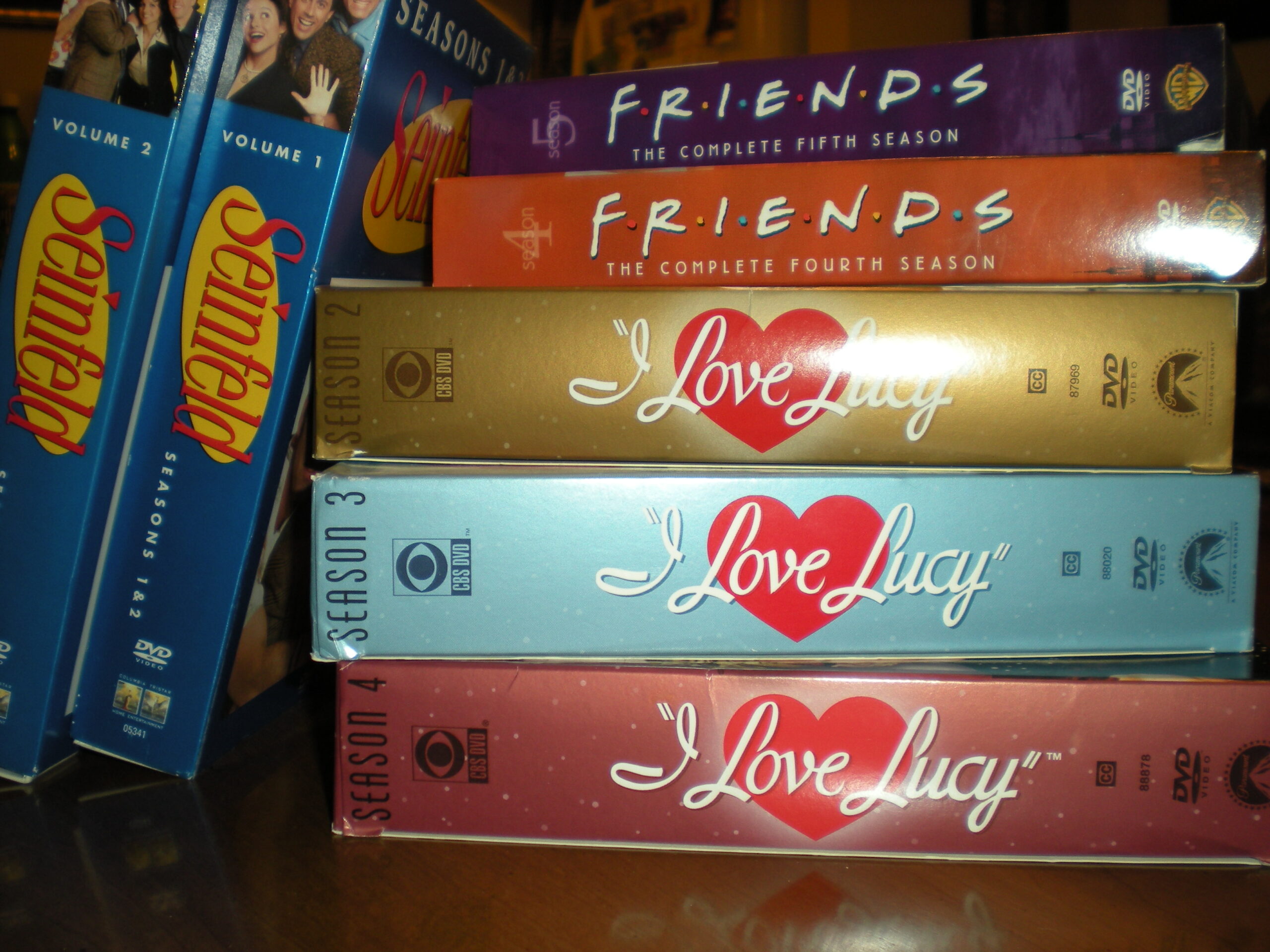Last week I was sick, not cancer-sick, just regular-sick. My symptoms were extreme fatigue and a mildly congested nose and throat. I took the day off from work and lay down in bed after breakfast. I thought, “I’ll just try to sleep for a short while.” I’m a notorious morning person, and though I’m a good napper, I can never sleep more than a half hour or so during the day. I figured I’d lie down for a bit, then get up and do some writing.
I woke up about an hour later, looked at the clock, and thought, “Okay, that was good, maybe I’ll get up now.”
And my body said, “NO!”
So I let myself get pulled back into sleep. I woke up again about an hour later and thought, “Okay, that was great, but I should really get up now.”
And my body said, “NO!”
This kept happening until I’d slept until almost noon, something I hadn’t done even when I was in college. But my body kept demanding it. It was almost audible, the force with which my body objected to my mind. I wanted to get up. I intended to get up. But my body knew that I needed to sleep, and so it insisted.
I don’t usually let my body speak to me like that. I ignore it, telling myself that I need to work more than I need to sleep, that I need to play with my son more than I need to do yoga. But when I was vulnerable, I had to let my body tell me what to do, and it reminded me that I need to listen to what my body wants. I have to check in often and try to give it what it needs: better food, sleep, a walk outside. I like to think that my mind is “me,” but my body is also “me,” and I can’t just override that whenever I want to. Sometimes you just need to trust your body.
I’m not someone who believes that diet, exercise and sleep can prevent or cure illness entirely. I was only thirteen when I got cancer, and I was a very healthy, growing girl at that point. But for those of us who are ill, and for those of us who have been so, our biggest concern is prevention: preventing it from getting worse, preventing it from happening again. Our body knows more about that than our minds do. Our bodies know how to heal themselves, how to crave the things we need, and how to signal to us that we need to sleep. We need to listen to them, even when other voices- those of our bosses, family members, society- seem louder.
Trust your body to say “no,” even when you want to say “yes.”






